Learn how to – A Freelancer’s Guide to Safely Working Online.
A quarter of all North American jobs will be remote by the end of 2022. This means that roughly 41 million professionals will perform their professional duties either at home or while traveling.
Working remotely provides more schedule flexibility and the chance to establish a more balanced life.
Not to mention the fact that you can work from anywhere in the world. However, if you work remotely, you need to protect yourself while working online.
What Are the Different Threats Freelancers Have to Combat?
Protecting your assets and resources from cybercriminals is essential for your business. Besides giving you a bad reputation, suffering a security breach can also compromise your clients’ information. This can lead to:
- Loss of income for both you and your clients;
- Increases expenses in the forms of hack remediation services;
- Security breaches that could potentially be linked back to you.
In worst-case scenarios, you may also lose access to your existing work or create new assets. It’s also common for cybercriminals to attempt to steal information and funds from your account.
To prevent this, you need to understand the most common types of attacks.
Major Cyber Attacks That Freelancers Are Exposed To
Malware
Malware attacks infect your computer with malicious programs or viruses. This means that criminals can steal your information and lock you out of your computer. They can also deny access to your online accounts or otherwise disrupt your work in exchange for a costly ransom.
The different types of malware include:
- Trojans;
- Worms;
- Bots;
- Classic viruses;
- Adware and many more.
Phishing
Phishing schemes are deceiving messages that extract confidential information. When targeting freelancers, fraudsters use phishing messages to gain access to email accounts or social profiles.
In some cases, they can even steal payment details or ask for a false payment.
Hackers use different types of schemes, like:
- Spear phishing;
- Whaling;
- SMSishing or text-based phishing;
- Vishing or video phishing;
- Fake or spoofed websites.
ID and Information Theft
Identity and information theft has become one of the biggest digital threats for all users.
As a freelancer, you probably have access to professional platforms, client portals, and other valuable tools. Information theft can compromise all of these at once.
Some of the details that hackers can steal include:
- Current and previous addresses;
- Social security, insurance, or ID numbers;
- Card or bank account details;
- Family details, like the name of your parents;
- Digital signatures and device identifiers.
How to Stay Safe While Working Online from Home and On the Road
1. Always Use a VPN
A virtual private network or VPN is a tool that allows you to connect to the internet through an encrypted connection. VPNs also help you change your apparent location, which can confuse trackers and add another layer of security.
Make sure to use a VPN for computer as well as mobile devices to ensure you’re protected at all times.
2. Install Additional Security Software
VPNs are great because they prevent cyber criminals from intercepting data communications. But, there are other ways how hackers can target you.
For instance, using malware, phishing emails, and other techniques.
The best way to address these threats is through tools like antiviruses, VPNs, password leak monitors, and firewall solutions.
3. Learn to Spot Fraudulent Opportunities
Hackers employ a variety of malicious techniques and not all of these are detected by antivirus.
Instead of relying solely on technology, you should get familiarized with the tell-tell signs of a suspicious message.
Always verify that the emails you receive come from a trustworthy sender and avoid opening links in emails that look suspicious.
4. Avoid Sharing Personal Data in Unsafe Environments
Signing non-disclosure agreements, confirming your identity, and sending invoices is part of being a freelancer.
But, you should evaluate each instance and avoid sharing sensitive information like login details and bank accounts over unsafe connections.
Always verify that the platform is legitimate before sharing information and avoid logging in using links from suspicious emails or messages.
5. Use Trustworthy Intermediary Platforms
Experienced freelancers that already have a network of trustworthy clients often prefer direct contracts.
If you’re relatively new or simply prefer to maintain high-security levels, your best bet may be to work with a reliable intermediate.
Intermediaries are platforms that connect you to clients. Using a platform like this, employers need to put down a deposit for the value of the contract beforehand. This way, it’s certain that you will receive payment when the project is completed.
6. Follow Your Instincts!
The instincts you developed during your early career are extremely valuable as a freelancer. If you notice certain patterns that led to security breaches in your old workplace or if something simply doesn’t feel right, don’t be afraid to take preventive actions.
Clients always appreciate freelancers that are conscious of online security. So, don’t be afraid to bring up this topic and discuss some of the precautions you take.
Wrapping Up…
Hackers use dozens of different techniques to extract information. Instead of taking a reactive approach, your best bet is to protect your physical and digital assets from the very beginning.
You need to monitor new trends and take steps to create a safe environment for all your partners.
We hope that our guide allows you to protect your assets and achieve the goals you set for your freelancing career.


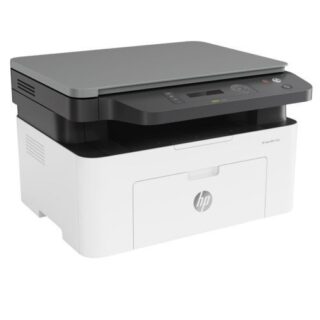


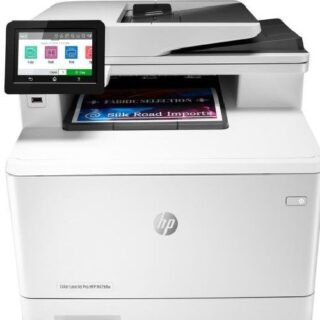





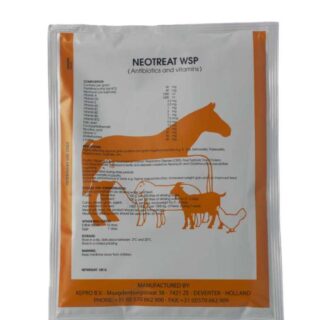


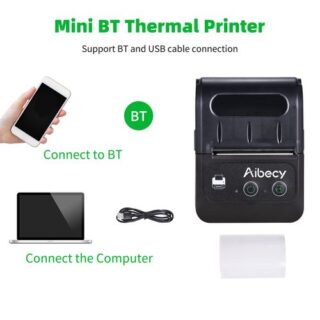
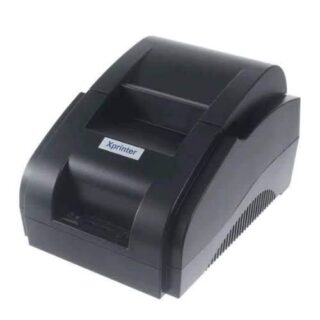

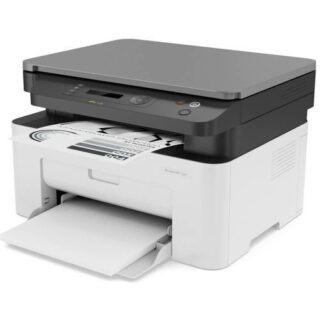
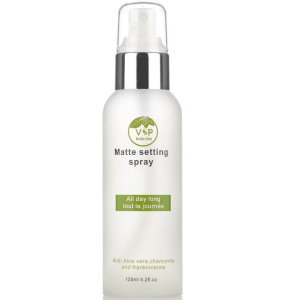

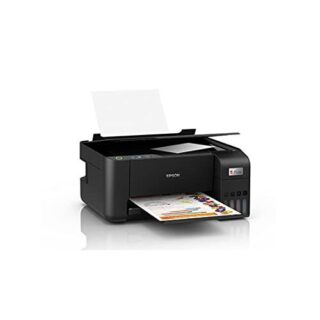




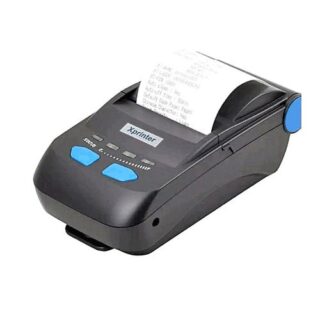












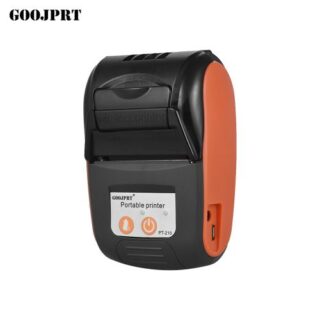





Leave a Reply
You must be logged in to post a comment.